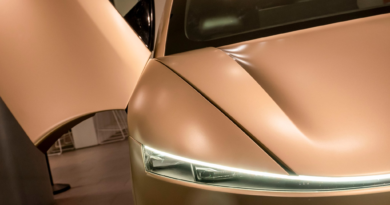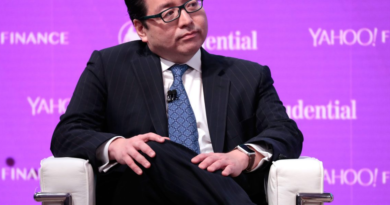Billionaires are in the midst of their own Great Wealth Transfer, and it's changing the face of the 10-figure club forever
Welcome to the modern dynastic era. Today’s billionaires are undergoing a seismic shift, transferring an unprecedented amount of wealth to heirs around the world that is so large it’s changing the makeup of the typical billionaire.
Right now, the typical billionaire is around 69 years old and made his (it’s almost always a man) money from entrepreneurship of some kind. He’s interested in philanthropy, and is likely to live in the United States, which accounts for 751 billionaires and over $4.5 trillion in wealth.
But this year marked a changing of the guard for the upper echelons of wealth, according to UBS’s 2023 Billionaire Ambitions Report. In the period covered by this year’s report, newly-minted billionaires accumulated a greater portion of their fortunes from inheritance than from entrepreneurship. In fact, 53 heirs received around $151 billion, compared to the $141 billion minted by the new 84 self-made billionaires around the globe. It is likely that $151 billion figure is underreported, given the ultrawealthy’s aversion to publicly proclaiming their wealth.
Much has been made about the so-called Great Wealth Transfer that society is on the precipice of, as older, wealthier generations begin passing on their assets to the young: By 2045, an estimated $84.4 trillion is expected to be inherited among all Americans, with $16 trillion of that inherited in the next decade. But the billionaire wealth transfer is on another level. Over the next two to three decades, UBS, which caters to high-net-worth clients, expects just 1,000 billionaires to hand down an estimated $5.2 trillion in wealth globally.
These younger heirs often have different priorities than their forbears. They are more likely to embrace the rapid pace of technological change, for example, and to invest in clean energy solutions. Just 32% of the heirs surveyed said their main goal would be to fulfill their philanthropic goals or make an impact in the world and society, compared to 68% of the first generation. They are more interested in impact investing than their parents. More than half of the 53 heirs chose not to work in the family business.
That said, legacy is important. More than two-thirds of billionaires surveyed by UBS who inherited their wealth say they aim to continue to grow what their families started, and 60% want to pass down the wealth to future generations.
And that’s not to overstate the changes occurring right now: They may have different priorities, but 43% of the recent heirs have opted to continue in the upper ranks of their family’s business.
What it takes to be a billionaire
The past three decades have seen a historical increase in wealth accumulation. In 1995, there were only 377 billionaires worldwide, with a combined wealth of $954 billion, according to UBS. Now there are 2,544.
Much of that is due to the acceleration of technological change, the rise in real estate prices, and the globalization and growth in emerging markets, UBS reports.
Part of the reason billionaire heirs inherited more money over the past year than self-made billionaires accumulated is because this paradigm is shifting. UBS uses the uninspired initial public offering (IPO) market of 2022 and early 2023 as one illustration of the trend. With fewer IPOs, there are fewer opportunities for billionaires like Mark Zuckerberg. Still, 21% of new self-made billionaires from the period acquired their wealth via IPO.
“Although inheritance will not always outdo entrepreneurship as the source of new billionaire wealth, it’s clearly becoming an increasingly material factor in the creation of new billionaires, as wealth accumulates within families,” the report reads.
So it’s possible the tides could shift back, at least temporarily. But according to UBS’s report, this is just the beginning of the transfer of assets. It will only pick up in the years to come.




